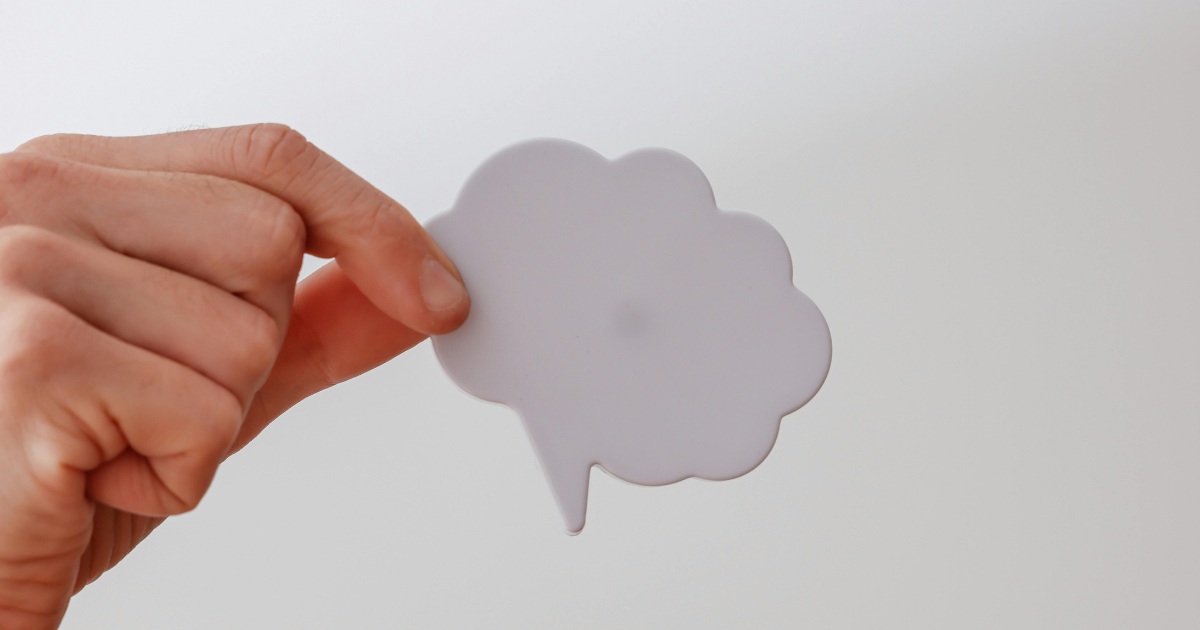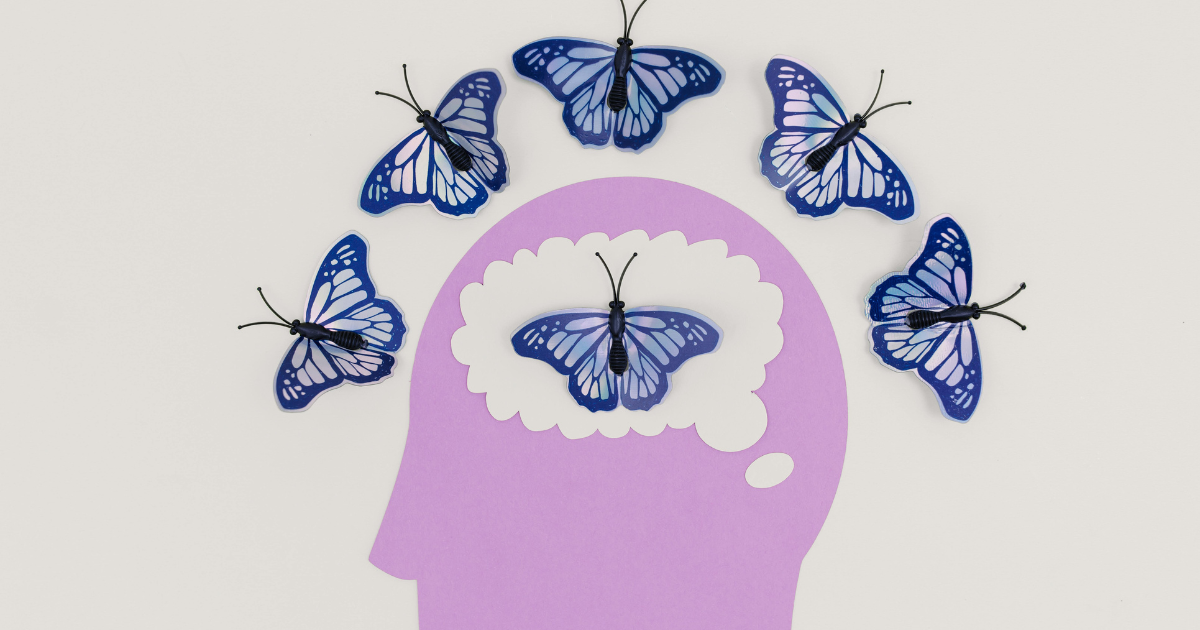Ah, sleep! That elusive, magical state is a hot topic in the wellness community. Whether you’re a night owl who thrives on caffeine or someone who cherishes their eight hours like a cherished secret, there’s no denying that sleep plays a crucial role in our daily lives.
Essential Takeaways
- Sleep and Mental Health Are Interconnected: Poor sleep can exacerbate mental health issues like anxiety and depression, while improved sleep can enhance emotional regulation and cognitive function.
- Prioritize Sleep in Recovery: Quality sleep is vital for maintaining sobriety and managing cravings. Implementing effective sleep hygiene practices can significantly support recovery efforts.
- Seek Help When Needed: If sleep difficulties persist, consider contacting mental health professionals who can provide tailored strategies and support for improving sleep quality.
Did you know that sleep isn’t just about recharging your body and nourishing your mind? Understanding the impact of sleep can be a game changer for individuals navigating the choppy waters of mental health challenges or addiction recovery. Let’s explore how sleep affects mental health and addiction recovery, uncovering the intricate connections and offering strategies to improve sleep hygiene.
Understanding Sleep
The Science of Sleep
Before discussing the implications of sleep on mental health and recovery from addiction, something needs to be understood about sleep itself. Something that most people perceive only as a state of rest, sleep is a complex process consisting of several stages, each serving essential functions.
A sleep cycle is made up of various stages, which are broadly classified as REM and non-REM. Each stage has different purposes that the brain serves when it is sleeping. For instance, the non-REM stage is divided into three.
| Stage 1 | This is the lightest stage of sleep, where you drift in and out and can be easily awakened. |
| Stage 2 | Your heart rate slows, and your body temperature drops. This is a deeper state of sleep that lasts longer than Stage 1. |
| Stage 3 | Often called deep sleep, this stage is crucial for physical recovery, growth, and immune function. |
After cycling through these stages, we enter REM sleep, where most dreaming occurs. This stage is vital for cognitive functions like memory consolidation and emotional regulation.
Common Sleep Disorders
Sleep doesn’t always come easy. Many individuals struggle with sleep disorders that can significantly impact their mental health and recovery journey. Let’s explore a few common ones:
- Insomnia: The inability to fall asleep or stay asleep can lead to fatigue and exacerbate anxiety and depression.
- Sleep Apnea: This disorder causes interruptions in breathing during sleep, often leading to frequent awakenings and poor sleep quality.
- Restless Leg Syndrome: This condition creates uncomfortable sensations in the legs, prompting the urge to move them, which can disrupt sleep.
Each of these disorders can create a vicious cycle where poor sleep exacerbates mental health issues, making it even more challenging to achieve restful sleep.
The Impact of Sleep on Mental Health
Sleep and Mood Regulation
Sleep can become your best friend or your worst enemy when it comes to mental health. Lacking rest mostly leads to mood swings and intensified irritability, making a person more sensitive to stress. Perhaps you have sometimes noticed how non-sleeping nights leave you irritable and burdened. You are not imagining things; there’s a biological aspect to this.
Research has indicated that sleep disturbance could be responsible for interference in regulating serotonin and dopamine, neurotransmitters needed to stabilize mood. Low levels of such neurotransmitters have been linked to mood disorders, including anxiety and depression. That is, in a nutshell, when you shortchange your sleep, you allow anxiety and depression to take hold.
Cognitive Function and Sleep
Have you ever tried to solve a problem or use creative thinking after a bad night? It was much more complicated than usual. Sleep is essential in cognitive processes such as memory, attention, and decision-making. Studies have shown that people who chronically lack adequate sleep often perform poorly in these areas.
For instance, sleep is crucial in memory consolidation, converting ephemeral short-term memories into long-lasting ones. Even if a sleeping brain is always operative, especially in the REM period, organizing and filing away information for easy retrieval, insufficient sleep impairs cognitive processes; even simple learning and remembering become hard. This is very important in recovery; hence, one must learn and adapt novel coping skills.
Stress and Sleep
Stress can profoundly impact your ability to enjoy a restful night’s sleep. It’s a classic catch-22: the more stressed you become, the more elusive sleep seems, and the less sleep you get, the greater your stress levels soar. Stress instigates the release of hormones such as cortisol, which keeps you on high alert and makes falling asleep a formidable challenge. Furthermore, racing thoughts frequently accompany stress, complicating calming your mind when bedtime arrives.
The physiological symptoms of stress will further trigger various sleep disturbances, including difficulty sleeping at night, frequent awakenings, and nightmares. An important note to make is this cycle and breaking it, which we will discuss in this post.
Sleep and Addiction Recovery
The Role of Sleep in Recovery
Resting is of particular importance for recovering addicted persons. A good night’s sleep may enhance sobriety because it might improve the regulation of emotions and reduce cravings. Once you feel well-rested, you are often better prepared for life’s stressors and challenges, which can lower the propensity to seek solace in substances.
In addition, many research studies have established that sleep greatly impacts the brain’s reward system. If they are deprived of enough sleeping time, individuals are likely to crave, since a lack of sleep would make the brain decrease the sensitivity to rewards. As a result, sleep restorations during the recovery process support stabilizing mood and cravings.

Sleep Disruption During Recovery
During recovery, most people in the early stages of recovery suffer from sleeping disorders due to withdrawal symptoms and emotional instability. Anxiety and depression alone can lead to a lack of sleep or disturbed sleep. A larger percentage of recovering individuals suffer from insomnia or other forms of sleep disorders.
All these can be overwhelming, but remembering that this is common in the recovery process helps normalize one’s experience. It is also essential to treat sleep difficulties with kindness and tolerance.
Strategies for Improving Sleep in Recovery
If you’re finding it challenging to get a good night’s sleep during recovery, know that there are actionable steps you can take to improve your sleep quality. Here are some strategies:
| Create a Sleep-Conducive Environment | Keep your bedroom dark, quiet, and cool to make it a sleep sanctuary. To minimize disruptions, use blackout curtains, earplugs, or a white noise machine. |
| Develop a Consistent Sleep Schedule | Try to go to bed and wake up simultaneously every day, even on weekends. This helps regulate your body’s internal clock. |
Limit Naps | While napping can be restorative, long or irregular napping during the day can negatively affect nighttime sleep. If you must nap, keep it short (20-30 minutes) and avoid late-afternoon naps. |
| Practice Relaxation Techniques | Before bed, engage in calming activities such as reading, meditating, or deep breathing exercises. This helps signal to your body that it’s time to wind down. |
| Limit Stimulants | Avoid caffeine and nicotine close to bedtime, as these substances can interfere with your ability to fall asleep. |
Practical Sleep Hygiene Tips
Establishing a Sleep Schedule
Establishing a schedule for sleeping helps enhance sleep quality. Going to bed and waking up at the same time each day will help regulate your body’s internal clock, which could make it easier to fall asleep and wake up fresh.
Creating a Relaxing Bedtime Routine
A relaxing bedtime routine signals your body that it’s time to unwind. Consider activities that promote relaxation, such as reading a book, taking a warm bath, or practicing gentle stretches. Avoid stimulating activities before bed, such as intense workouts or emotionally charged discussions.
Limiting Screen Time and Caffeine
In today’s high-tech world, it’s easy to spend hours strung out on screens before laying your head down to sleep at night. Of course, blue light from appliances has been shown to delay sleep onset by suppressing melatonin levels. Avoid relaxing in front of screens for at least an hour before bed. Caffeine has also been known to interfere with sleep onset, so limit caffeine ingestion and avoid it altogether in the afternoon and evening.
Mindfulness and Relaxation Techniques
Mindfulness and relaxation techniques greatly influence the improvement of quality sleep. Meditation, deep breathing, and progressive muscle relaxation are among the most effective relaxation techniques for helping to calm the mind and prepare the body for sleep.

Seeking Professional Help
If the sleeping difficulties persist, that individual should seek professional help. The professionals in the mental health field can provide proper direction and appropriate strategies, which may lead to possible treatments and having better management over their sleeping disorders. Sleep issues can be controlled especially when paired with the need for sleeping disorders through therapy medication or a combination of both.
Final Thoughts
One of the critical support systems in recovery for addiction is sleep. The interrelationship between the quality of sleep and emotional well-being, or recovery for that matter, is more complex than one would imagine. Sleeping, maintaining good sleep hygiene, and creating proper conditions to attain quality sleep can have a very positive domino effect throughout your systems that ultimately helps your mental health and foster recovery.
However, recovery doesn’t come in the night. Problems can arise to complicate it. Be gentle with yourself and remind yourself how important sleeping is to be the best version of yourself. If you, or someone close to you has trouble sleeping with a given mental illness or addiction, do not forget to reach out. You are not alone; a good night’s sleep is possible with the right tools and resources.
If you found this helpful, forward it to someone who might need it. For each step you take toward better sleep, you’re moving closer to good mental health and an even brighter, more fulfilling recovery journey. Sweet dreams ahead!
FAQs
- How much sleep do I need for optimal mental health?
Most adults require 7–9 hours of sleep per night for optimal functioning. However, individual needs may vary, so it’s essential to listen to your body and adjust.
- Can poor sleep affect my recovery from addiction?
Absolutely. Poor sleep can lead to increased cravings and emotional instability, making it more challenging to maintain sobriety. Prioritizing sleep is crucial for successful recovery.
- What are some signs that I may have a sleep disorder?
Common signs of a sleep disorder include difficulty falling or staying asleep, excessive daytime sleepiness, loud snoring, and restless legs during sleep. If you experience these symptoms consistently, consider consulting a healthcare professional.
- How can I create a sleep-friendly environment?
Keep your bedroom dark, quiet, and cool to create a sleep-friendly environment. Invest in comfortable bedding and consider using blackout curtains or a white noise machine to minimize disturbances.
- Are there specific foods or drinks that promote better sleep?
Yes! Foods rich in magnesium (like leafy greens and nuts), tryptophan (found in Turkey and bananas), and omega-3 fatty acids (like salmon) can promote better sleep. Additionally, herbal teas such as chamomile can be soothing before bedtime.












